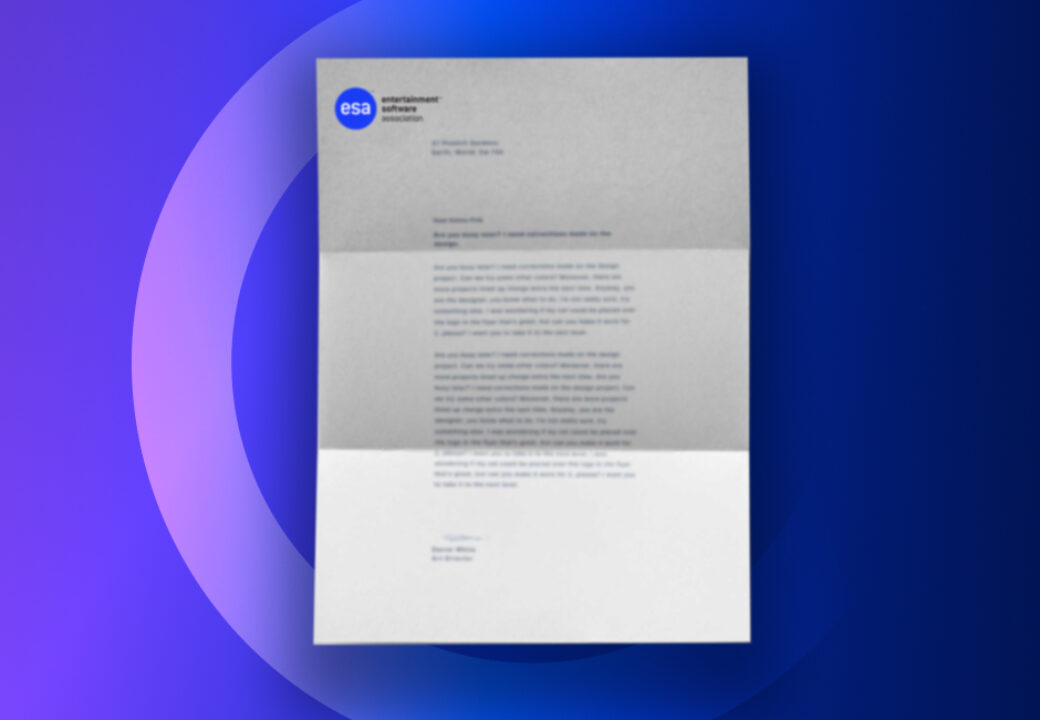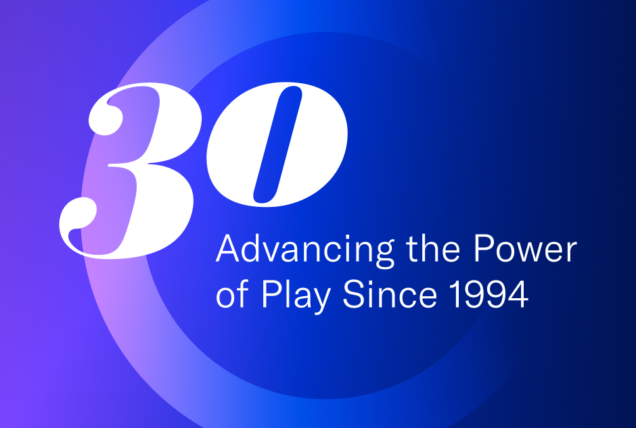
Entertainment Software Association Applauds Tennessee State Leaders
The Entertainment Software Association (ESA), which represents the US video game industry, today commended state government leaders in Tennessee for their vision and commitment to attracting creative tech jobs to their state through the Tennessee Visual Content Modernization Act. The act, signed this week by Gov. Bill Haslam, expands Tennessee’s tax incentive program for film and television to include computer-generated imagery and interactive digital media, as well as stand-alone, post-production musical scoring and editing.
05.03.2018
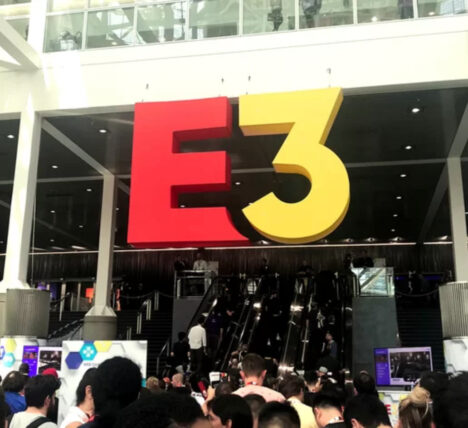
E3 to Feature ESL Sports Arena
“Competitive video games are taking sports entertainment by storm, with the global esports audience reaching 335 million people in 2017,” said Michael D. Gallagher, president and CEO of ESA. “With the addition of the E3 ESL Arena, E3 2018 is set to be a non-stop, edge-of-your-seat ride of video game announcements, demos, and competition.”
05.01.2018

Entertainment Software Association Applauds US Government for its Leadership in the Protection of Intellectual Property Worldwide
“Strong intellectual property protection in the digital world is more important than ever for video game companies to maintain their technological edge and to continue to contribute billions of dollars to the US economy. ESA applauds USTR and the US government interagency for their guidance and direction in protecting the incentives for video game companies to innovate and the ability to reap the rewards of their hard work.”
04.28.2018
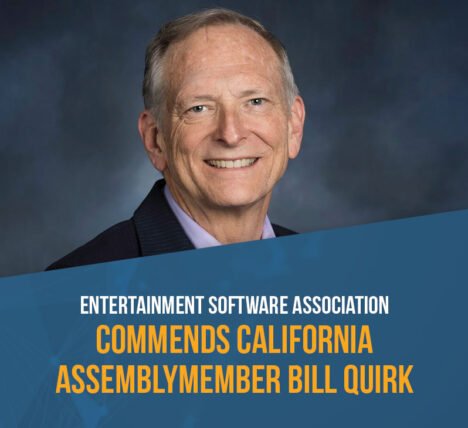
Entertainment Software Association Commends California Assemblymember Bill Quirk
“Assemblyman Quirk’s leadership and actions underscore the valuable role of dialogue between the business community and elected officials,” said Erik V. Huey, senior vice president of government affairs at ESA. “Dr. Quirk raised valid and pointed concerns regarding transparency in the games industry, and the ESRB is dedicated to ensuring consumers are informed and educated. Numerous government authorities and elected officials have praised our industry’s self-regulatory achievements and we look forward to building upon that track record. We are thankful for Dr. Quirk’s input and collaboration.”
04.18.2018
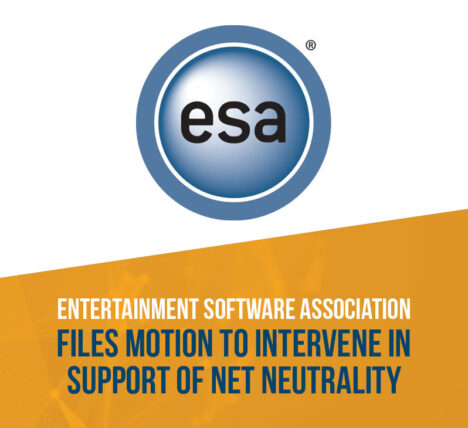
Entertainment Software Association Files Motion to Intervene in Support of Net Neutrality
“The internet drives innovation, fuels our 21st century economy, and helps create the jobs of tomorrow—especially for the connected world of interactive entertainment. Consumers deserve rules of the road that prevent blocking, throttling, and other restrictive conduct – and enable the great online experiences that bring meaning and value to all parts of our country. ESA will make that case in the months ahead on behalf of America’s gamers and game makers.”
04.05.2018

NCSOFT, Phosphor Studios, Kalypso Media Group, and Outright Games Join Entertainment Software Association
NCSOFT, Phosphor Studios, Kalypso Media Group, and Outright Games recently joined other leading video game companies as the newest members of the Entertainment Software Association (ESA), the trade group that represents the US video game industry. Their addition to the ESA roster adds a wealth of experience in game development and emerging technologies, such as virtual reality (VR), to the association.
03.29.2018

Entertainment Software Association’s Statement on the CLOUD Act’s Inclusion in the Omnibus Spending Bill
"By establishing a balanced legal framework for compelling the disclosure of electronic data stored in another country, the CLOUD Act will help prevent the release of private data in situations that might otherwise result in a conflict of legal rights and obligations. ESA thanks congressional leaders for their help bringing this important legislation forward.”
03.22.2018

Student Attitudes to Games-Based Skills Development: Learning from Video Games in Higher Education
This study explores ways commercial video games may be used to develop useful skills and competencies in undergraduate students. An examination of student attitudes revealed a broadly positive perception of games' efficacy for skills development.
03.03.2018

Preeminent Researchers and Scientists Oppose WHO’s Proposed Video Game Action
36 internationally renowned and respected mental health experts, leading social scientists and academics from research centers and universities – including Oxford University, Johns Hopkins University, Stockholm University and The University of Sydney – will oppose, in an upcoming journal paper, the World Health Organization’s (WHO) plan to create a new gaming disorder classification. The experts’ paper (‘A Weak Scientific Basis for Gaming Disorder: Let us err on the side of caution’) will appear in the Journal of Behavioral Addictions.
03.01.2018

DMCA Section 1201 Rulemaking: ESA Opposition to MADE’s Exemption Request
ESA and its member companies are committed to, and actively support, serious professional efforts to preserve video games and recognize the industry’s creative contributions under circumstances that do not jeopardize game companies’ rights under copyright law.
02.13.2018
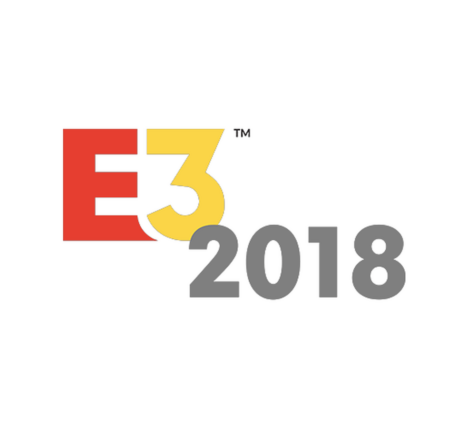
Gamer Passes to E3 2018 on Sale Beginning February 12
Following an enormously successful, gamer-powered show in 2017, E3 invites the global video game community to experience its best E3 yet, taking place June 12-14, 2018, at the Los Angeles Convention Center. The Entertainment Software Association (ESA), the trade association that represents the US video game industry and owns and produces E3, today announced that E3 public ticket sales will begin on Monday, February 12, at 12 p.m. Eastern.
02.09.2018

Impact of Game-Based Health Promotion Programs on Body Mass Index in Overweight/Obese Children and Adolescents: A Systematic Review and Meta-Analysis of Randomized Controlled Trials
This study explored ways in which game-based interventions could reduce body mass index (BMI) among children who were overweight or obese. Such interventions may have the potential to help combat the obesity epidemic.
02.01.2018
